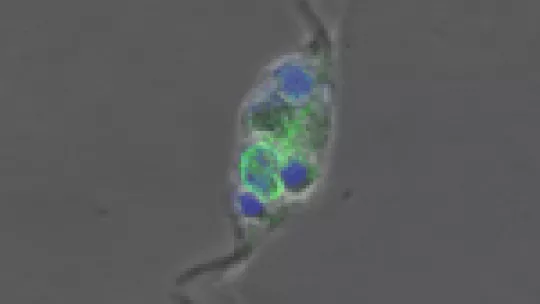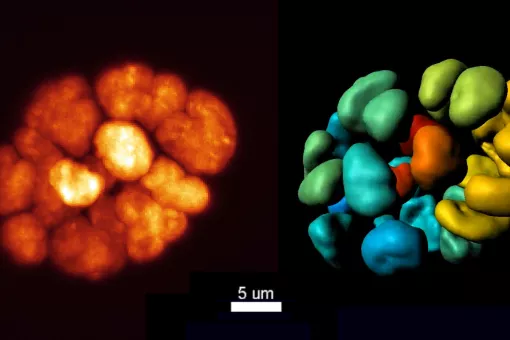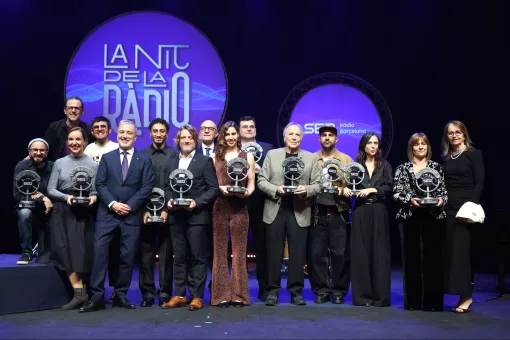Images
IRB Barcelona participates in a Genoma España initiative involving 20 research laboratories.
The public foundation Genoma España has launched an initiative to study the genes and proteins involved in inflammation and autoimmune responses. The project, which aims to identify therapeutic targets that can improve the diagnosis and treatment of asthma, discoid lupus erythematosus, rheumatoid arthritis and psoriasis, will be funded with three million euros over three years.
"Inflammatory diseases affect 30% of the Spanish population, though conditions such as asthma, lupus, rheumatoid arthritis and psoriasis have not received the attention they deserve," explains José Luis Jorcano, director of Genoma España. Inflammation has also been linked to multiple sclerosis, cardiovascular disease and even the development of cancer and diabetes. Inflammatory response is largely determined by genetic factors, and involves changes in the expression of approximately 20% of genes in the affected tissues. "This fact highlights the importance of identifying the genes and proteins involved in the onset of the inflammatory response and understanding how it works," says Antonio Celada, researcher at the Institute for Research in Biomedicine (IRB Barcelona).
Multidisciplinary research
Antonio Celada’s research team is one of 20 multidisciplinary laboratories working in basic research, clinical research and company settings that participate in the project, MEICA (abbreviation from the Spanish for "Cell and Molecular Mechanisms in Chronic Inflammatory and Autoimmune Diseases").
Celada’s work will focus on macrophages, cells that are produced in the bone marrow and distributed to all organs, whose function is essential to the immune system. Macrophages act in two stages during inflammation – they promote it when they engulf and digest pathogens, and suppress it when the tissue reconstructs and heals itself. An imbalance in either of the two stages can lead to disease. The team will study the mechanisms that govern the behaviour of macrophages and will help to find new therapeutic targets that could lead to more effective treatments.
The MEICA project is co-funded by the public sector (Genoma España and the Comunidad Autónoma de Madrid) and by the private sector (a large-scale company working in the field and two biotechnology companies). Through collaborations like these, the private sector will play a larger role in R+D+i, sharing risks and results, and facilitating technology transfer which brings research results to the market, and thus to the citizen.
About IRB Barcelona
The Institute for Research in Biomedicine (IRB Barcelona) pursues a society free of disease. To this end, it conducts multidisciplinary research of excellence to cure cancer and other diseases linked to ageing. It establishes technology transfer agreements with the pharmaceutical industry and major hospitals to bring research results closer to society, and organises a range of science outreach activities to engage the public in an open dialogue. IRB Barcelona is an international centre that hosts 400 researchers and more than 30 nationalities. Recognised as a Severo Ochoa Centre of Excellence since 2011, IRB Barcelona is a CERCA centre and member of the Barcelona Institute of Science and Technology (BIST).





